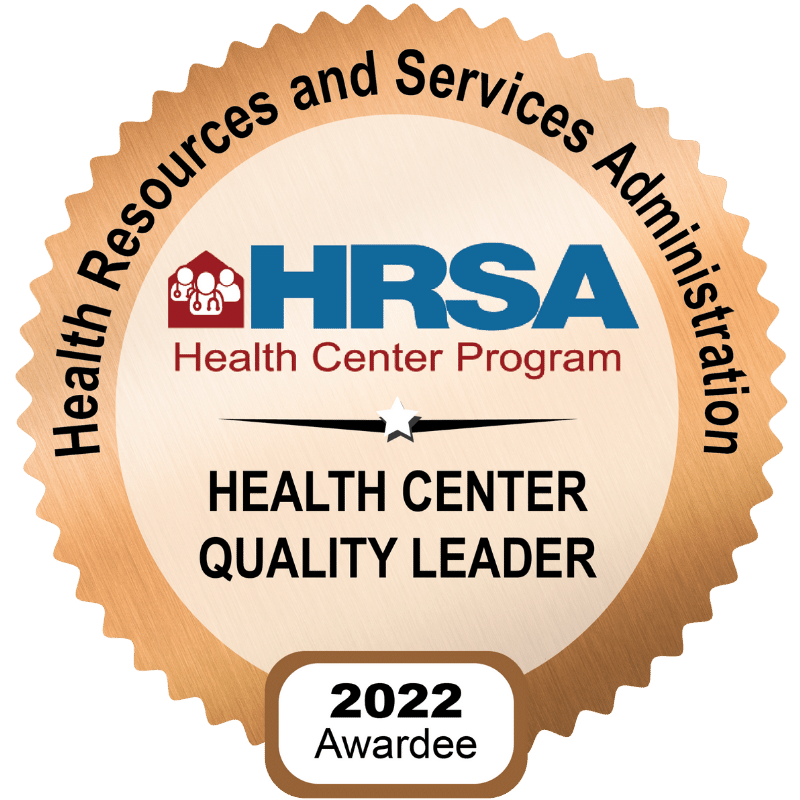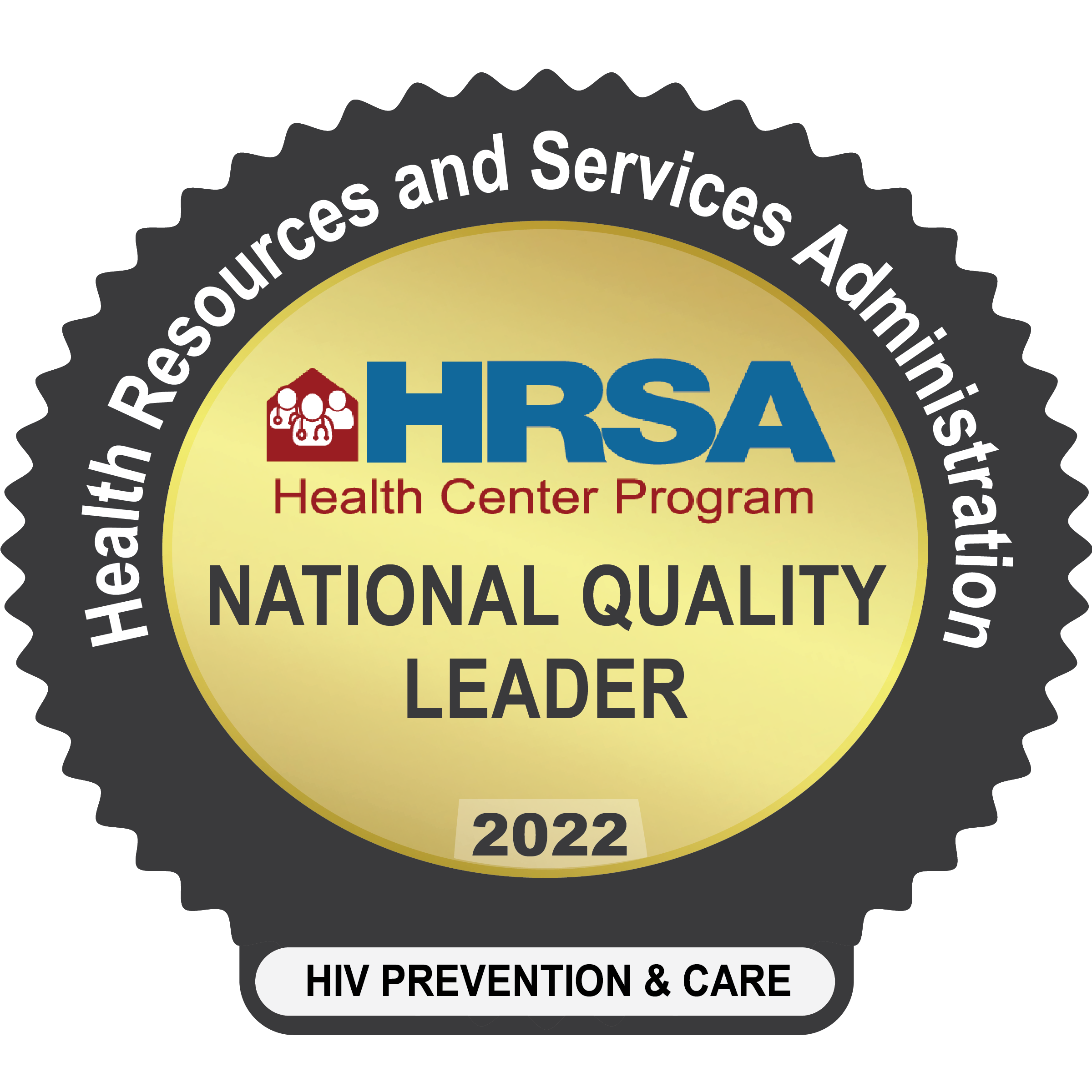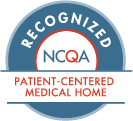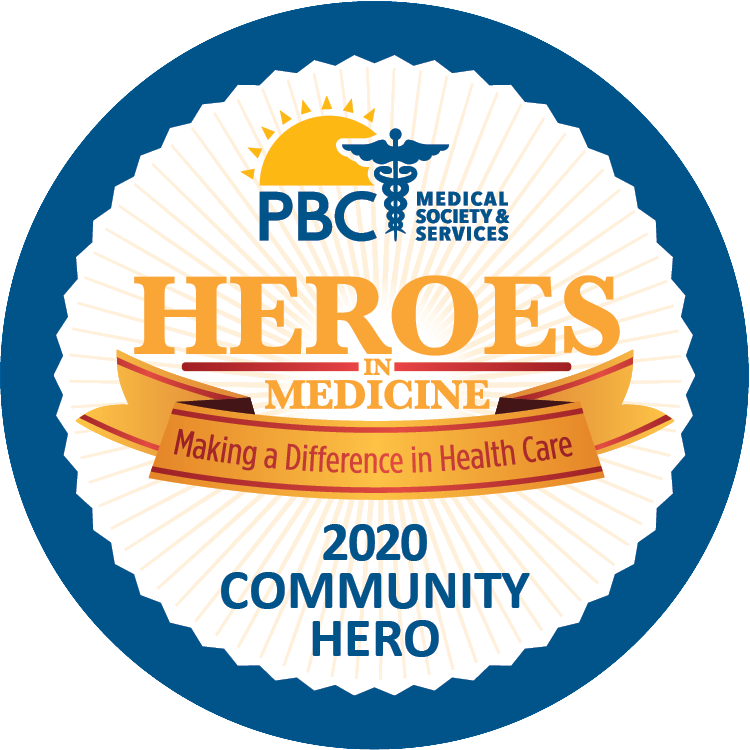Wellness is as much of a mental battle as it is a physical practice because the mind is constantly influencing our desire to do what is right for our health.
El papel que juega la mente en la prevención de enfermedades
La conexión mente-cuerpo es un componente importante de la medicina holística, que es una filosofía de atención médica que busca tratar a la persona en su totalidad, no solo sus síntomas. Ahora más que nunca, los proveedores comprenden la importancia de un enfoque integral de la atención que incluya la mente, el cuerpo y el espíritu.
El bienestar es tanto una batalla mental como una práctica física porque la mente influye constantemente en nuestro deseo de hacer lo correcto para nuestra salud. Nuestros pensamientos, ansiedades y preocupaciones tienen la capacidad de persuadirnos para que tomemos decisiones poco saludables y alejarnos del camino del bienestar. Las personas que padecen enfermedades como diabetes, hipertensión y colesterol alto saben qué cambios de estilo de vida deben hacer, pero a menudo les resulta muy difícil no solo implementar estos cambios, sino también continuarlos el tiempo suficiente para ver un cambio positivo. Un diagnóstico de enfermedad crónica a menudo viene con cambios en el estilo de vida y tratamientos que son costosos, requieren mucho tiempo y, a veces, son dolorosos. No sorprende que las personas que viven con enfermedades crónicas tengan un riesgo significativamente mayor de ansiedad, depresión, trastornos de adaptación y otros problemas de salud mental en comparación con las personas que viven sin enfermedades crónicas.
Muchos estudios han encontrado que mejorar la salud mental puede conducir a un cuerpo más saludable. Los estudios muestran que aquellos que tenían una salud mental positiva (felicidad, optimismo, gratitud, sentido de propósito, satisfacción con la vida y atención plena) practicaban comportamientos beneficiosos para la salud, como dejar de fumar, aumentar la actividad física, comer sano, aumentar la adherencia a los medicamentos y chequeos regulares y exámenes de salud. Aquellos con salud mental negativa (depresión, estrés crónico, ansiedad, ira, pesimismo e insatisfacción con la vida actual) eran más propensos a practicar comportamientos no saludables asociados con problemas digestivos, enfermedades cardíacas y otras enfermedades crónicas. Esto sugiere que la mente tiene la capacidad de afectar la salud de nuestros cuerpos; probablemente relacionado con la reducción del estrés y el aumento de las emociones positivas.
El bienestar ya no se trata solo de la ausencia de enfermedad. El bienestar es una práctica activa para vivir una vida más feliz, más sana y más satisfactoria con el fin de promover un estado de ánimo saludable. El camino hacia el bienestar será diferente para todos, pero comienza poniéndote en contacto con tu mente y tu cuerpo. Aquí hay algunas maneras de empezar:
Terapia conductual cognitiva: la TCC es un tipo de psicoterapia que implica esfuerzos para cambiar los patrones de pensamiento al obtener una mejor comprensión del comportamiento y la motivación. Este tipo de terapia lo ayuda a identificar creencias y comportamientos negativos y poco saludables y le enseña cómo reemplazar estos pensamientos negativos con otros positivos y saludables. La Terapia Cognitiva Conductual es un tratamiento efectivo para ayudar en el manejo de enfermedades.
Gestión de atención colaborativa : el modelo de atención colaborativa es un enfoque sistemático para el tratamiento de la depresión y la ansiedad en entornos de atención primaria que implica la integración de administradores de atención y psiquiatras consultores, con la supervisión del médico de atención primaria, para manejar de manera más proactiva los trastornos mentales como enfermedades crónicas, en lugar de tratar los síntomas agudos. Hable con su proveedor de atención primaria para ver si este tipo de programa está disponible para usted.
Reducción, manejo y relajación del estrés: los programas de reducción y manejo del estrés requieren tiempo, esfuerzo y compromiso con la práctica (el cambio no ocurrirá de la noche a la mañana). La buena noticia es que hay muchos recursos gratuitos que puede utilizar en casa. Algunas de las herramientas de manejo del estrés más populares (que también mejoran la conexión entre la mente y el cuerpo) incluyen la respiración controlada, la relajación progresiva (tensar y relajar grupos de músculos específicos), la visualización y las imágenes guiadas, el yoga, el diario y la meditación. Es importante tomarse el tiempo para investigar y probar diferentes enfoques hasta que encuentre lo que funciona mejor para usted.
Coma una dieta saludable: La importancia de comer una dieta saludable no puede pasarse por alto cuando se habla de la conexión entre la salud física y mental (usted es lo que come). Según la Asociación Estadounidense de Psicología, las bacterias intestinales producen una variedad de neuroquímicos que el cerebro usa para regular los procesos fisiológicos y mentales, incluido el estado de ánimo. Para mejorar su salud mental, concéntrese en comer muchas frutas y verduras junto con alimentos ricos en ácidos grasos omega-3 y no olvide beber mucha agua.
Haga ejercicio diariamente: un estilo de vida sedentario aumenta el riesgo de muchas enfermedades crónicas, incluidas las enfermedades cardíacas y la diabetes tipo 2. Hacer ejercicio de 20 a 30 minutos al día a un nivel moderado puede ayudar a reducir el estrés, reducir los niveles de cortisol y mejorar la función cognitiva. La clave es dejar de pensar en el ejercicio como algo que solo haces si estás tratando de perder peso. Si bien la pérdida de peso puede ser uno de los beneficios del ejercicio regular, es importante mirar más allá de la pérdida de peso para motivarse y encontrar una actividad que sea divertida y atractiva para usted. No importa cuánto pese, el ejercicio juega un papel importante en su salud mental y física.
En FoundCare, nuestros proveedores entienden la importancia de un enfoque integral de la atención que incluye la mente, el cuerpo y el espíritu, razón por la cual nuestros servicios de salud del comportamiento están integrados con nuestra atención primaria (no se ofrecen como un servicio independiente). Si está experimentando problemas de salud mental, puede ser beneficioso consultar a un médico para averiguar si algún problema de salud subyacente le está causando angustia antes de ser derivado a un especialista en salud del comportamiento. Llame al 561-432-5849 para programar una visita de atención primaria hoy.
Por favor, disculpe las posibles errores de traducción.
By FoundCare's Behavioral Health Team
The mind-body connection is an important component of holistic medicine, a healthcare philosophy that seeks to treat the whole person, not just their symptoms. Now more than ever, providers understand the importance of a comprehensive approach to care that includes the mind, body, and spirit.
Wellness is as much of a mental battle as it is a physical practice because the mind is constantly influencing our desire to do what is right for our health. Our thoughts, anxieties, and worries have the ability to persuade us to make unhealthy choices and steer us away from the path of wellness. People who suffer from diseases like diabetes, hypertension, and high cholesterol know what lifestyle changes they need to make but often find it very difficult to not only implement these changes but continue them long enough to see a positive change. A chronic illness diagnosis often comes with lifestyle changes and treatments that are costly, time-consuming, and sometimes painful. It is no surprise that individuals living with chronic illness are at a significantly higher risk of anxiety, depression, adjustment disorders, and other mental health concerns compared with those living without chronic illness.
Many studies have found that improving mental health can lead to a healthier body. Studies show that those who had positive mental health (happiness, optimism, gratitude, sense of purpose, life satisfaction, and mindfulness) practiced beneficial health behaviors such as smoking cessation, increased physical activity, healthy eating, increased medication adherence, and regular check-ups and health screenings. Those with negative mental health (depression, chronic stress, anxiety, anger, pessimism, and dissatisfaction with their current life) were more prone to practice unhealthy behaviors associated with digestive issues, heart disease, and other chronic illnesses. This suggests that the mind has the ability to affect how healthy our bodies are; likely connected to stress reduction and increasing positive emotions.
Wellness is not just about the absence of disease anymore. Wellness is an active practice to live a happier, healthier, and more fulfilling life in order to promote a healthy state of being. The path to wellness will be different for everyone but starts with getting in touch with your mind and body. Here are some ways to get started:
Cognitive Behavioral Therapy: CBT is a type of Psychotherapy that involves efforts to change thinking patterns by gaining a better understanding of behavior and motivation. This type of therapy helps you identify unhealthy, negative beliefs and behaviors and teaches you how to replace these negative thoughts with healthy, positive ones. Cognitive Behavioral Therapy is an effective treatment for aiding in illness management.
Collaborative Care Management: The collaborative care model is a systematic approach to the treatment of depression and anxiety in primary care settings that involves the integration of care managers and consultant psychiatrists, with primary care physician oversight, to more proactively manage mental disorders as chronic diseases, rather than treating acute symptoms. Talk to your primary care provider to see if this type of program is available to you.
Stress Reduction, Management, and Relaxation: Stress reduction and stress management programs require time, effort, and commitment to the practice (change will not happen overnight). The good news is there are many free resources that you can utilize at home. Some of the most popular stress management tools (which also improve the mind-body connection) include controlled breathing, progressive relaxation (tensing and relaxing specific muscle groups), visualization and guided imagery, yoga, journaling, and meditation. It is important to take time to research and try different approaches until you find what works best for you.
Eat a Healthy Diet: The importance of eating a healthy diet cannot be overlooked when discussing the connection between physical and mental health (you are what you eat). According to the American Psychological Association, gut bacteria produce an array of neurochemicals that the brain uses to regulate physiological and mental processes, including mood. To boost your mental health, focus on eating plenty of fruits and vegetables along with foods rich in omega-3 fatty acids, and do not forget to drink plenty of water.
Exercise Daily: A sedentary lifestyle increases the risk of many chronic diseases, including heart disease and type 2 diabetes. Exercising 20-30 minutes a day at a moderate level can help reduce stress, lower cortisol levels, and can improve cognitive function. The key is to stop thinking of exercise as something you only do if you are trying to lose weight. While weight loss may be one of the benefits of regular exercise, it is important to look beyond weight loss for motivation while finding an activity that is fun and appealing to you. No matter how much you weigh, exercise plays a vital role in your mental and physical health.
At FoundCare, our providers understand the importance of a comprehensive approach to care that includes the mind, body, and spirit, which is why our behavioral health services are integrated with our primary care (not offered as a standalone service). If you are experiencing mental health challenges, it can be beneficial to see a doctor to find out if any underlying health issues are causing you distress before being referred to a behavioral health specialist. Call 561-432-5849 to schedule a primary care visit today.













